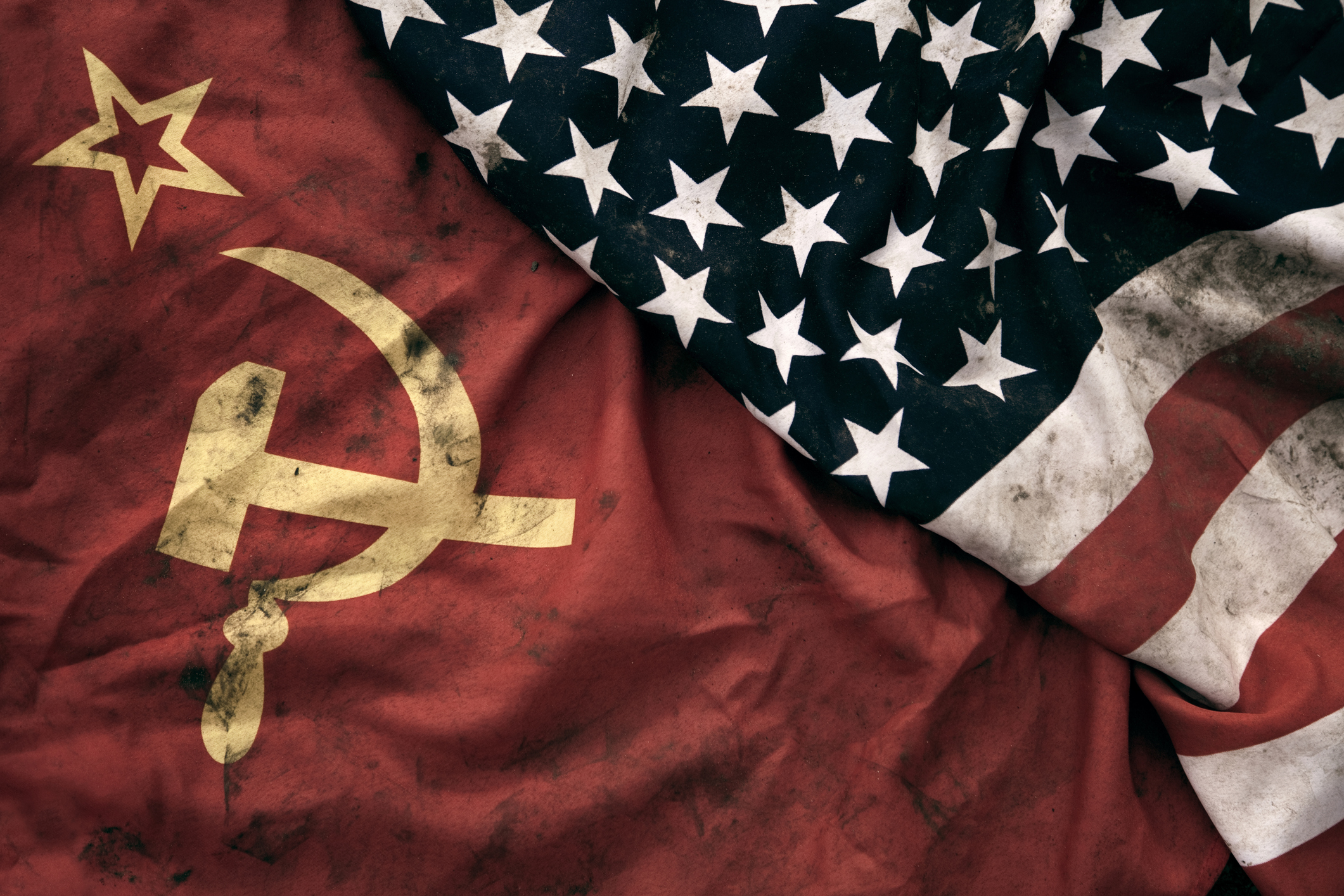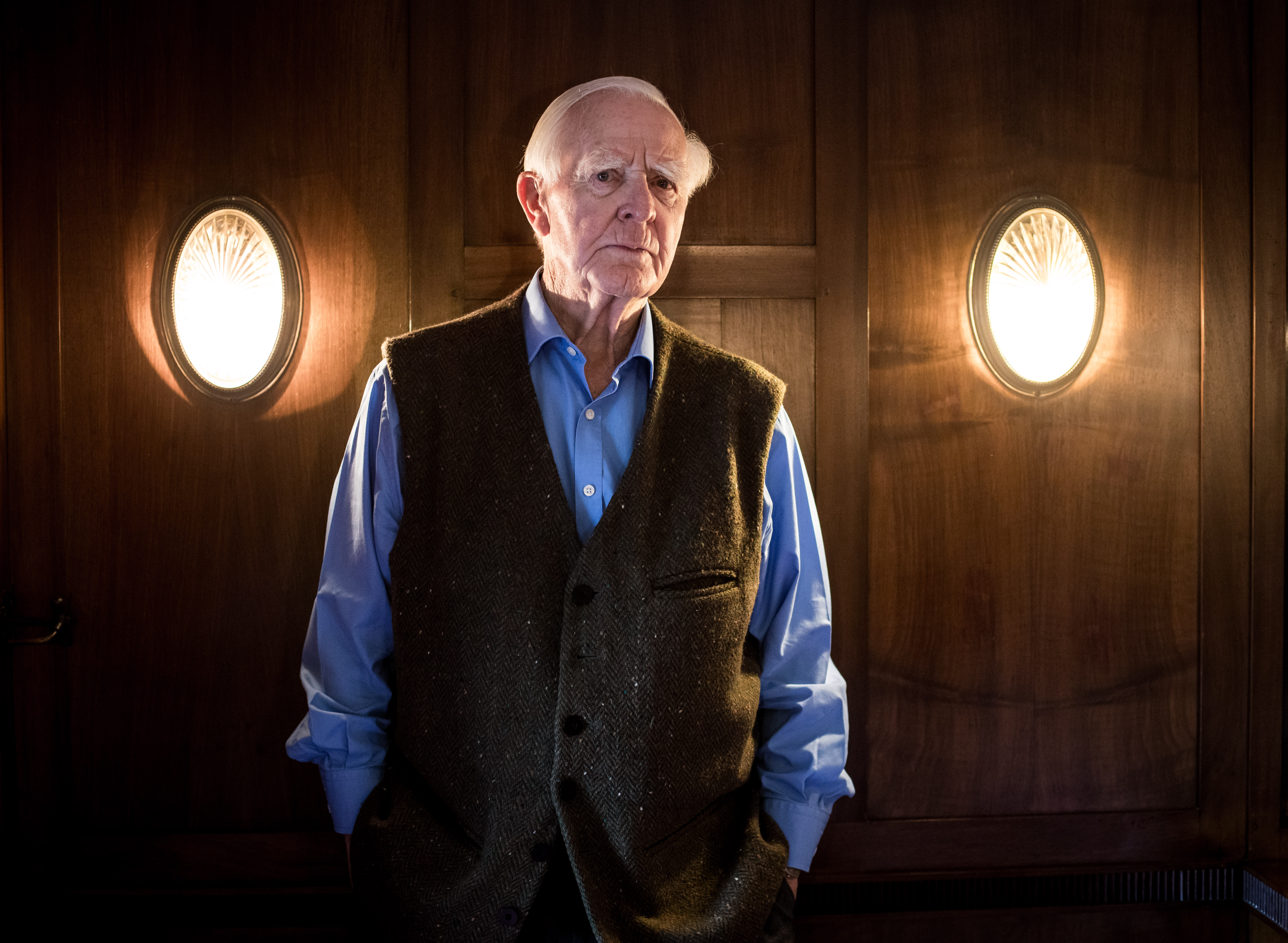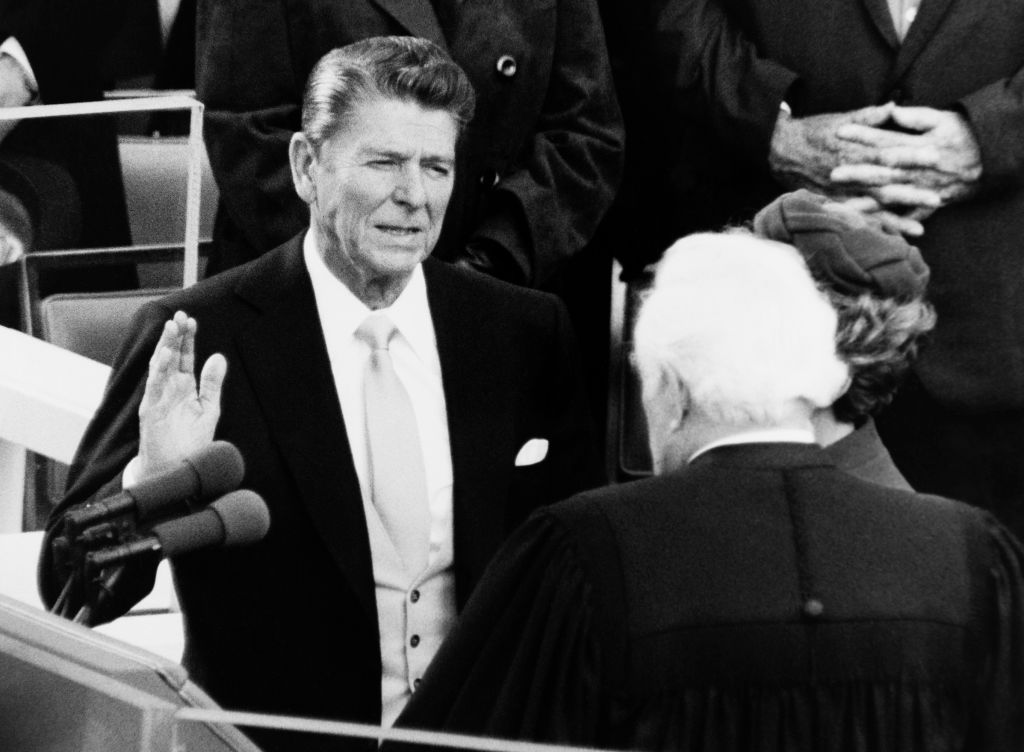In 1961, Cold War tensions and the legacy of colonialism came to a head in the nation known today as the Democratic Republic of the Congo. Early that year, Patrice Lumumba — who had played a crucial role in Congolese independence — was assassinated as part of an ongoing civil war in the country. Lumumba wasn’t the last statesman whose life was claimed by this conflict, either. On September 18, United Nations Secretary-General Dag Hammarskjöld died in a plane crash while attempting to negotiate peace among the conflicting factions.
In the nearly 60 years since then, Hammarskjöld’s death has been analyzed from a host of vantage points. Was the crash a tragic accident, or were more sinister forces at work? It didn’t help matters that the initial investigation was marred by imperialist, racist attitudes that led to information from several Black eyewitnesses being discounted.
As more and more years pass since Hammarskjöld’s death, a contradictory phenomenon has begun to take place. More and more information about the circumstances of the plane crash has come to light as archives open and people with intimate knowledge of his death find themselves more willing to share what they know. On the other hand, as time has passed, more and more participants have reached the end of their lives, leaving some questions potentially unanswerable.
In his new book The Golden Thread: The Cold War and the Mysterious Death of Dag Hammarskjöld, journalist Ravi Somaiya takes on a twofold mission. The Golden Thread is both a gripping account of Hammarskjöld’s death and the ensuing search for the truth about what happened to him, as conducted by a disparate group that has included writer and press liaison George Ivan Smith and humanitarian law expert Mohamed Chande Othman.
It’s also an utterly gripping read, and the kind of work of nonfiction that abounds with twists and turns that would make most thriller writers jealous. Somaiya’s narrative is rigorously documented, but there are multiple moments when one of the historical figures that populate the book reveals something crucial, causing a number of dynamics — from the interpersonal to the geopolitical — to shift.

“When I first came into journalism, I thought that what you did was solve mysteries,” Somaiya recalls. “You said, this person did it, that person was a bad guy, and this person was a good guy.” Over time, he tells InsideHook, he came to understand the more complex moral terrain on which most narratives play out. The story of Hammarskjöld’s death and its aftermath abounds with complicated figures, from an anti-fascist bush pilot to a spy whose unassuming appearance cloaks a penchant for assassination.
“I think the most basic form of justice is to have your story honestly told, even if that honesty doesn’t include a smoking gun,” he says. “Although in this case there was more of a smoking gun than what I would have imagined going in.”
For Somaiya, working on a book centered around the United Nations during a time when the current Presidential administration has expressed skepticism about the UN’s mission energized his work on The Golden Thread. “If you’re living at a time where the UN is in the ascendancy and everyone values what it does, then it’s great to write a book about the UN,” he says. “Actually I felt the other way, which is that, when do you need to make an argument for international leadership more than now?”
Somaiya makes a convincing case. “There’s a global pandemic. What does that mean? International leadership. No one country can do it alone. We’re struggling with disinformation. No one country can tackle that alone. We have to do it together,” he says.
“Climate change, same thing. They’re all huge issues that just cry out for international leadership,” he adds. “And I would hope that someone might read the book and think it might not be the worst idea if we got together and tried to solve our problems collectively.”
The shifting historical fortunes of the United Nations also play a role in the narrative of The Golden Thread. Specifically, Somaiya recounts a number of moments within history where revelatory information about Hammarskjöld’s death came to light, only to be greeted by a collective shrug by a populace indifferent to the UN. The idea that someone might unearth vital information about the mysterious death of an internationally known person and no one would care is almost as shocking as the Cold War espionage-fueled twists and turns that the book takes.
The Golden Thread abounds with moments that resonate with the present, from its handling of the legacy of colonialism to the aforementioned case for the UN’s importance. But those are not the only ways this story of a tragedy in 1961 echoes in 2020. Among the many factions Somaiya discusses in The Golden Thread are a group of white nationalist mercenaries — morally bankrupt figures who found plenty to embrace in the chaos of civil wars.
“You had this position in the ’60s where you had all these white supremacists who had participated in World War II on the losing side,” Somaiya says. “Where do they go? They don’t disappear. They don’t cease to exist because we don’t like them anymore.”
For Somaiya, that was one of several moments where the period he was writing about connected to the present in which he was writing. “I felt like there are certain moments in history that are very chaotic and very tumultuous. And that happened in the early 1960s and it’s happening now,” he says. “You tend to see some pretty interesting fights with people. You tend to see people like Hammarskjöld really stick to their principles and try and do the right thing, even when everyone’s shouting at them.”
Somaiya compared writing this book to having “to condense maybe five or six books into one.” It’s a rich, haunting work, and it’s also one that’s changed how its author views the news.
“I now look at the news with a different eye than I used to,” Somaiya says. “What 200-word story on page 29 is going to be a giant scandal in 20 or 30 years’ time, as opposed to what makes the front page, which sometimes is pretty ephemeral.”
This article was featured in the InsideHook newsletter. Sign up now.





















